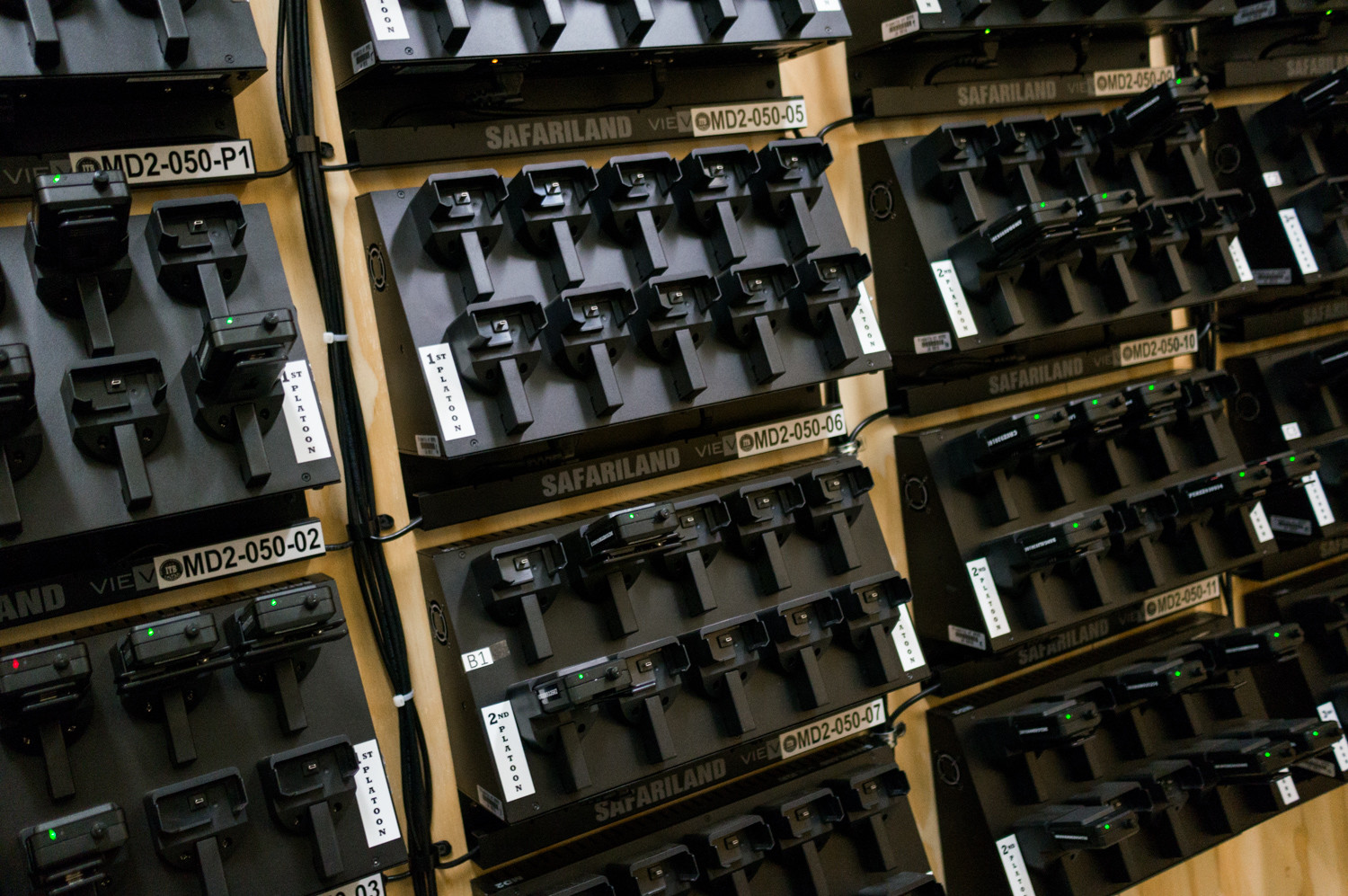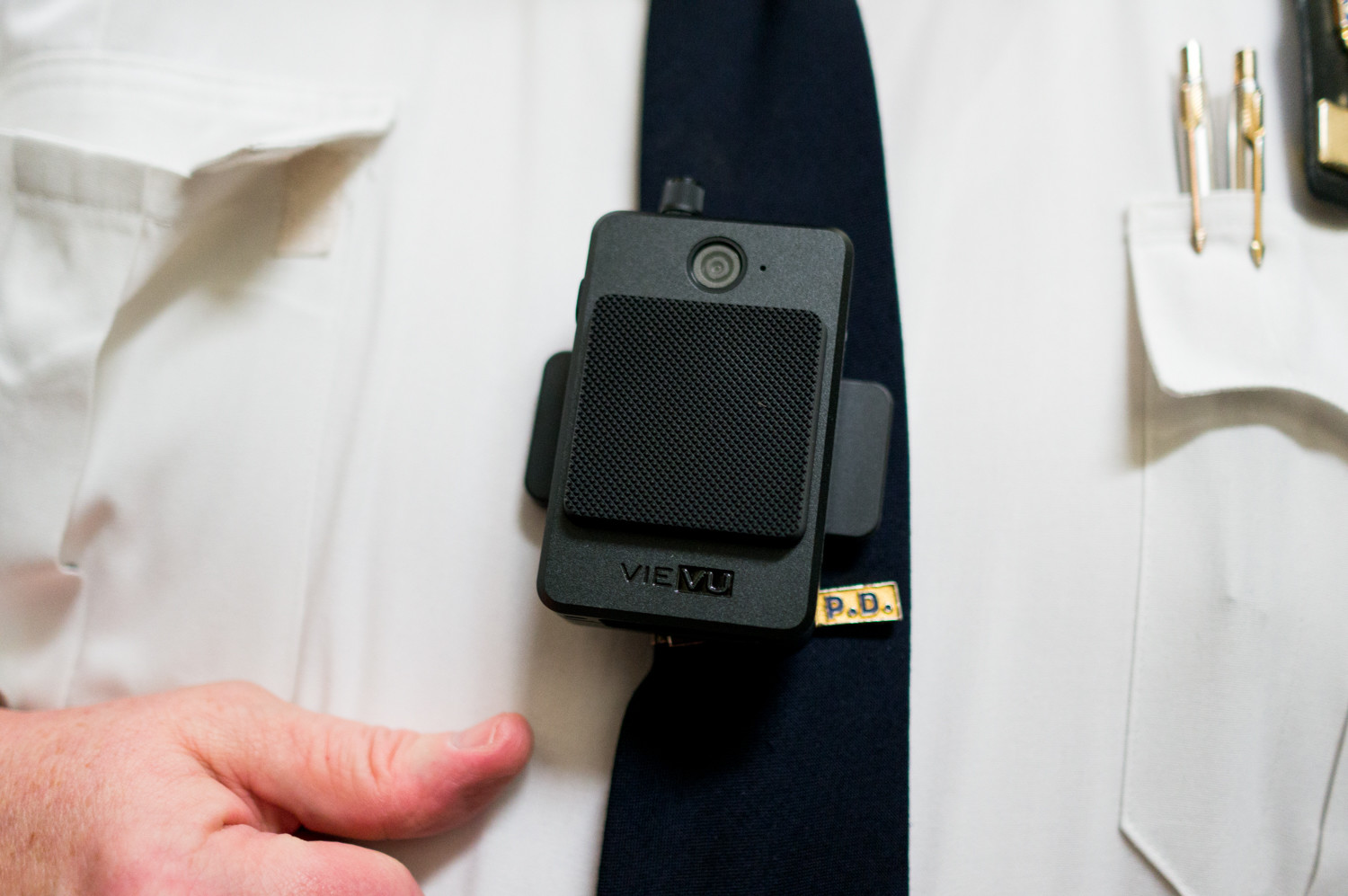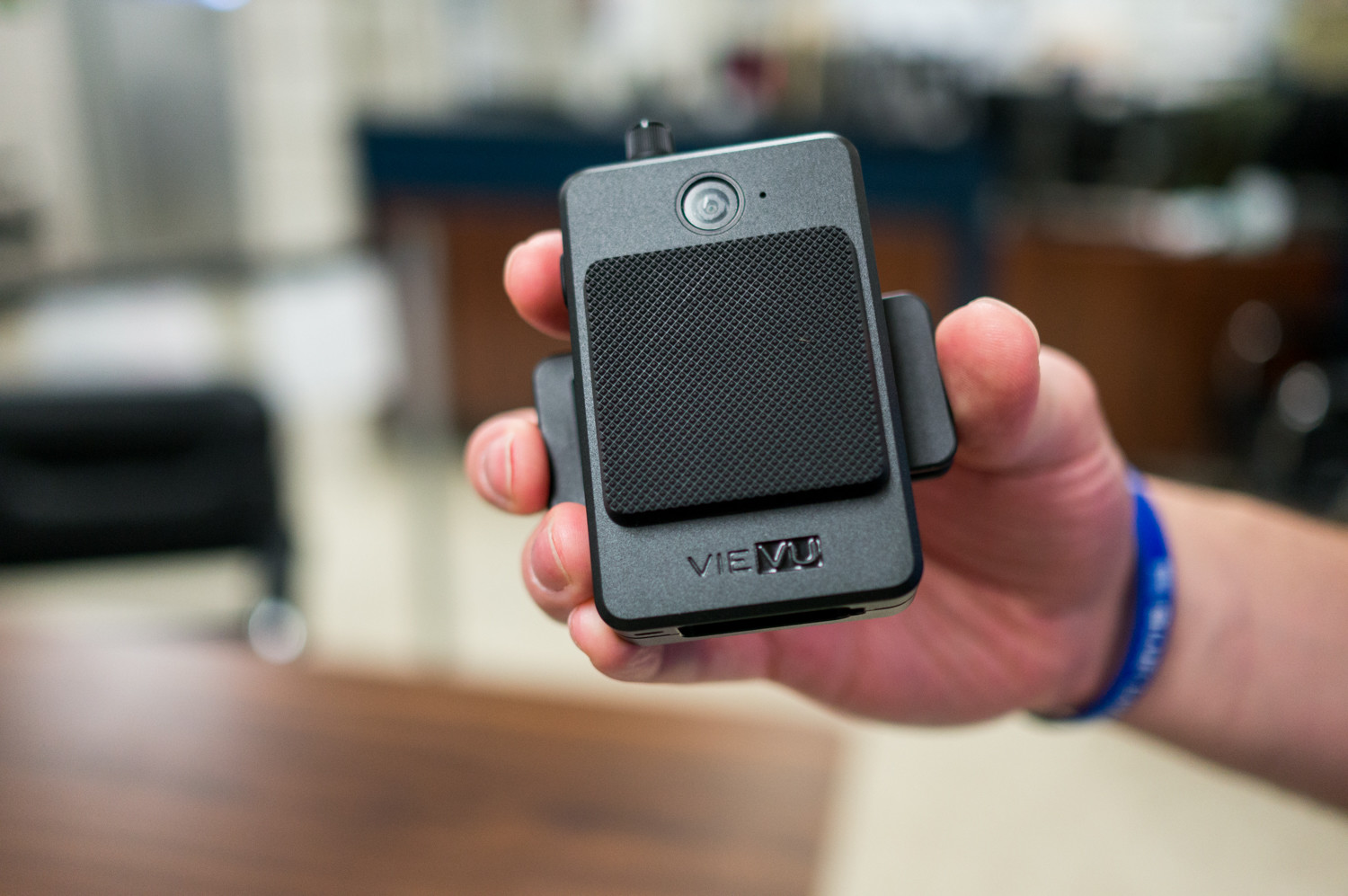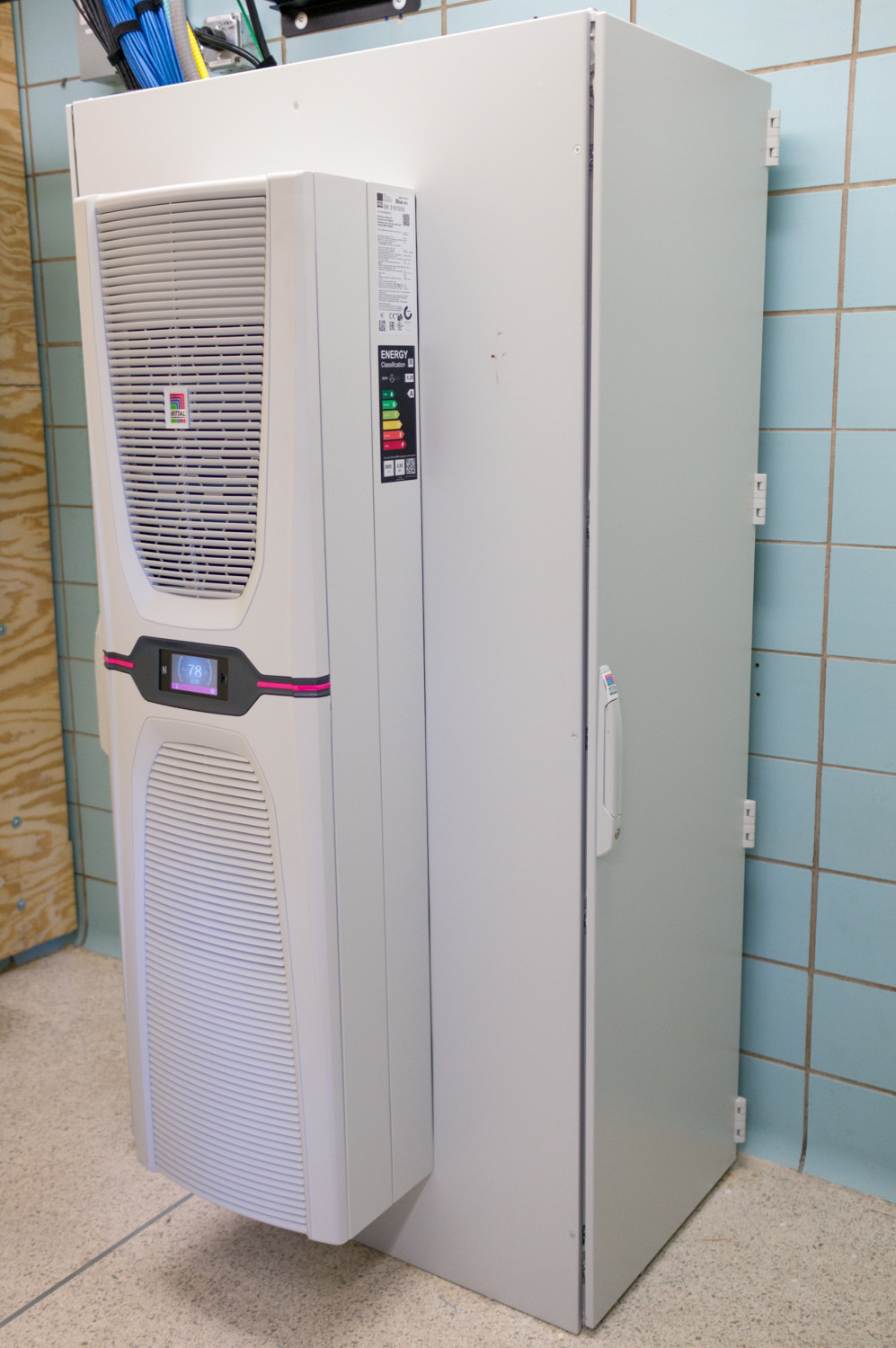CCRB takes over sexual misconduct investigations
The Civilian Complaint Review Board has investigated tens of thousands of complaints against New York City police officers since 1993, from use of excessive force to offensive language. But now the board will oversee a new form of complaint it hasn’t really taken on before — sexual misconduct allegations.
In the past, anyone accusing an officer of sexual misconduct had those allegations forwarded to the New York Police Department’s internal affairs bureau. In fact, in 2016 and the first half of last year, the agency referred 117 of those cases to that department, according to CCRB executive director Jonathan Darche.
But that changed in February when the board voted unanimously to begin investigating complaints of sexual harassment — from inappropriate comments to stopping a civilian to flirt with them — with plans of expanding its oversight to include allegations of sexual assault once a training program is developed for a select group of experienced senior investigators at the CCRB.
“We determined that our investigators are qualified … to investigate claims of sexual harassment because they are very similar to allegations of discourtesy and offensive language that we are investigating right now,” Darche said.
It’s not a change expected to affect the 50th Precinct too much, said its commanding officer, Terence O’Toole.
“We had a lawsuit about it, and everyone’s been trained about it, and everyone knows it’s not a thing to do,” O’Toole said about sexual harassment in the workplace. “Do people still do it? Sure. We do have people who don’t think, for whatever reason. And if they’re not doing the right thing, if they’re not being within the rules, punishment is due.”
But as women and men across the country have come forward against sexual harassment, O’Toole’s department has seen an increase in the number of reported serious sex crimes, including rape.
“We kind of noticed, throughout the city, the whole ‘Me Too’ movement, for lack of a better term,” O’Toole said, noting the 50th Precinct recorded five reported rapes this year as of March 18, up four from the same time last year.
“It’s all part of increased awareness,” O’Toole added. “A lot of them are coming from the special victims unit. I think the problem has been that it’s been underreported for years, particularly in a domestic violence situation.”
But when it comes to accusations against officers, one key tool in collecting evidence is now rolling out across the NYPD — body-worn cameras on patrol officers.
Yet even that program already is facing problems, primarily because there likely is not enough computer server space to store all the video footage, said Frederick Davie, CCRB’s acting chair, in his March 12 budget testimony to the city council’s public safety committee.
At current rates, the agency is anticipated to run out of computer storage space in less than three years. But the more patrol officers who are equipped with cameras, the shorter that timeline becomes.
Yet, these bodycams are important, Davie said. They not only work to protect those police interact with — but they can also protect the officers themselves, gathering evidence that could be used to counter claims against them.
By early February, the NYPD had rolled out body-worn cameras to at least one tour of duty at 24 different precincts citywide, Davie said. The CCRB requested body camera footage in 165 complaints last year, a number that’s expected to grow as the program expands this year to include all patrol officers.
And right here in the 50th, the program launched March 20, according to O’Toole.
“Right now I think we’re averaging four or five videos a day,” O’Toole said. “They’re running about eight to 10 minutes, but that’s a very low sample,” because the program had been active for less than a week as of last Friday.
Training in how to use the cameras is ongoing, and “we have a lot of guys out there with cameras,” O’Toole said. “We actually encountered somebody burglarizing a house in Marble Hill and we have him on video inside the house. So these videos are going to be a great prosecution tool. They’re going to put people away.”
Patrol officers received a single day of training at the police academy that focused on how to use the cameras and manage the video. After that, officers undergo 90 days of field training in which sergeants review and correct any mistakes, according to a 2017 NYPD report.
For its part, overall, the CCRB received nearly 4,500 complaints in 2017, a nearly 5 percent increase from the previous year. It’s also the first time complaints increased since 2009.
“We don’t know why complaints went up,” Darche said. “We hope it is because of all the outreach we’ve done.”
Some of that outreach is coming from the 50th, yet O’Toole would like to see more dialogue between his department and people of parts of its jurisdiction like Kingsbridge and Marble Hill.
“When we have a community meeting, come and say hello,” O’Toole said. “You can come and voice your opinion and talk to us and say, ‘Listen, this is the problems we have.’”
No meetings are currently scheduled, however.













